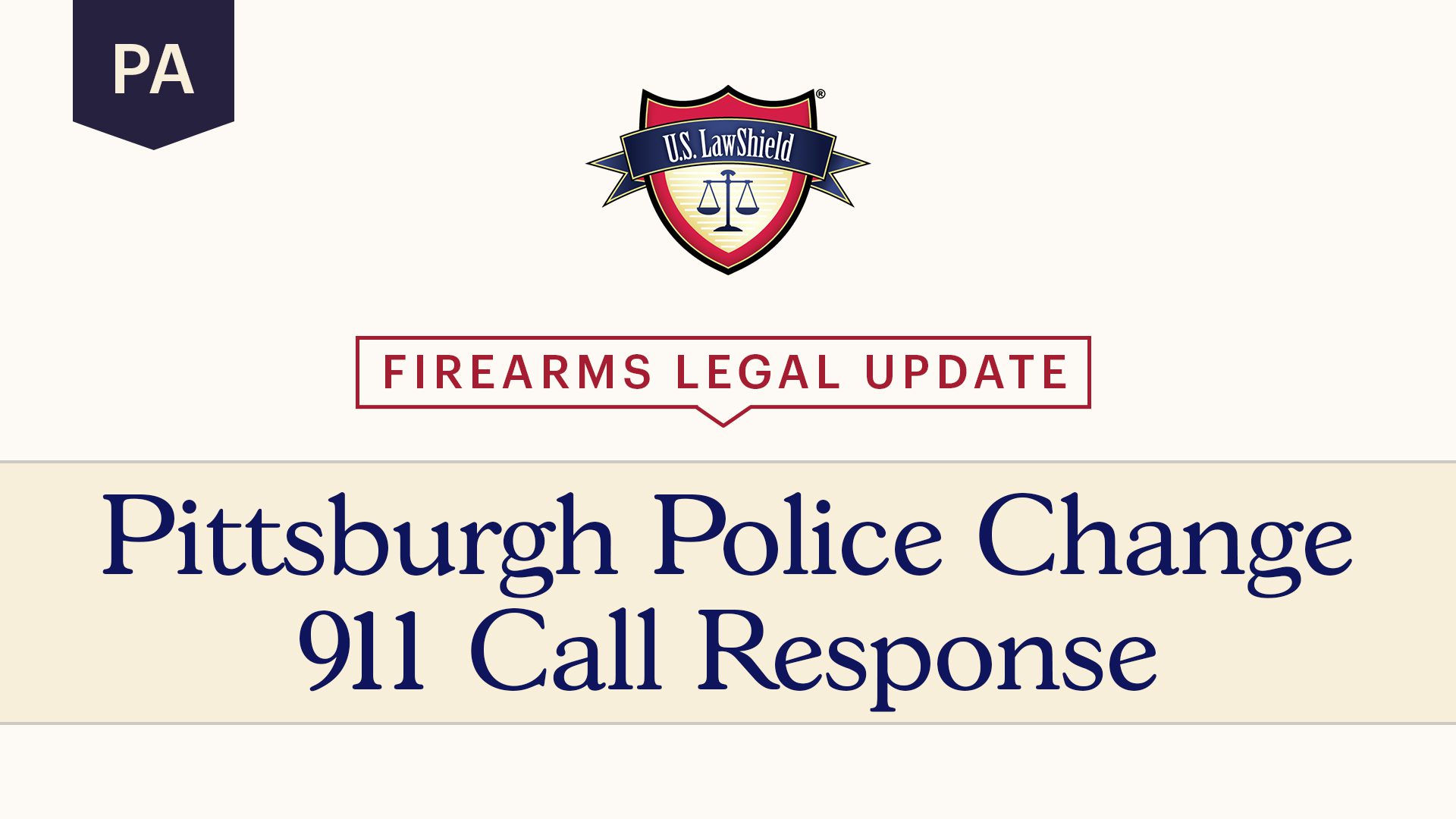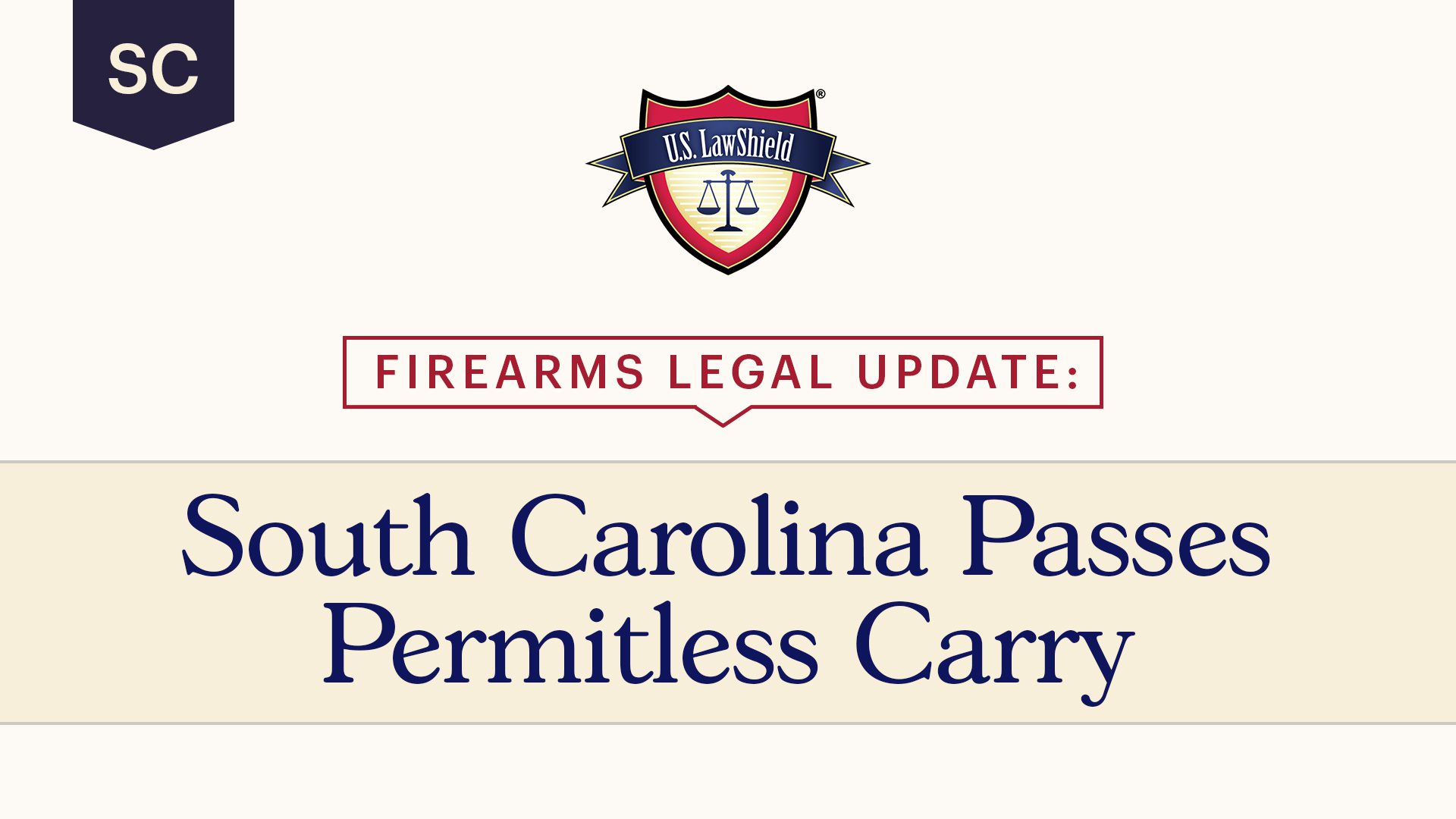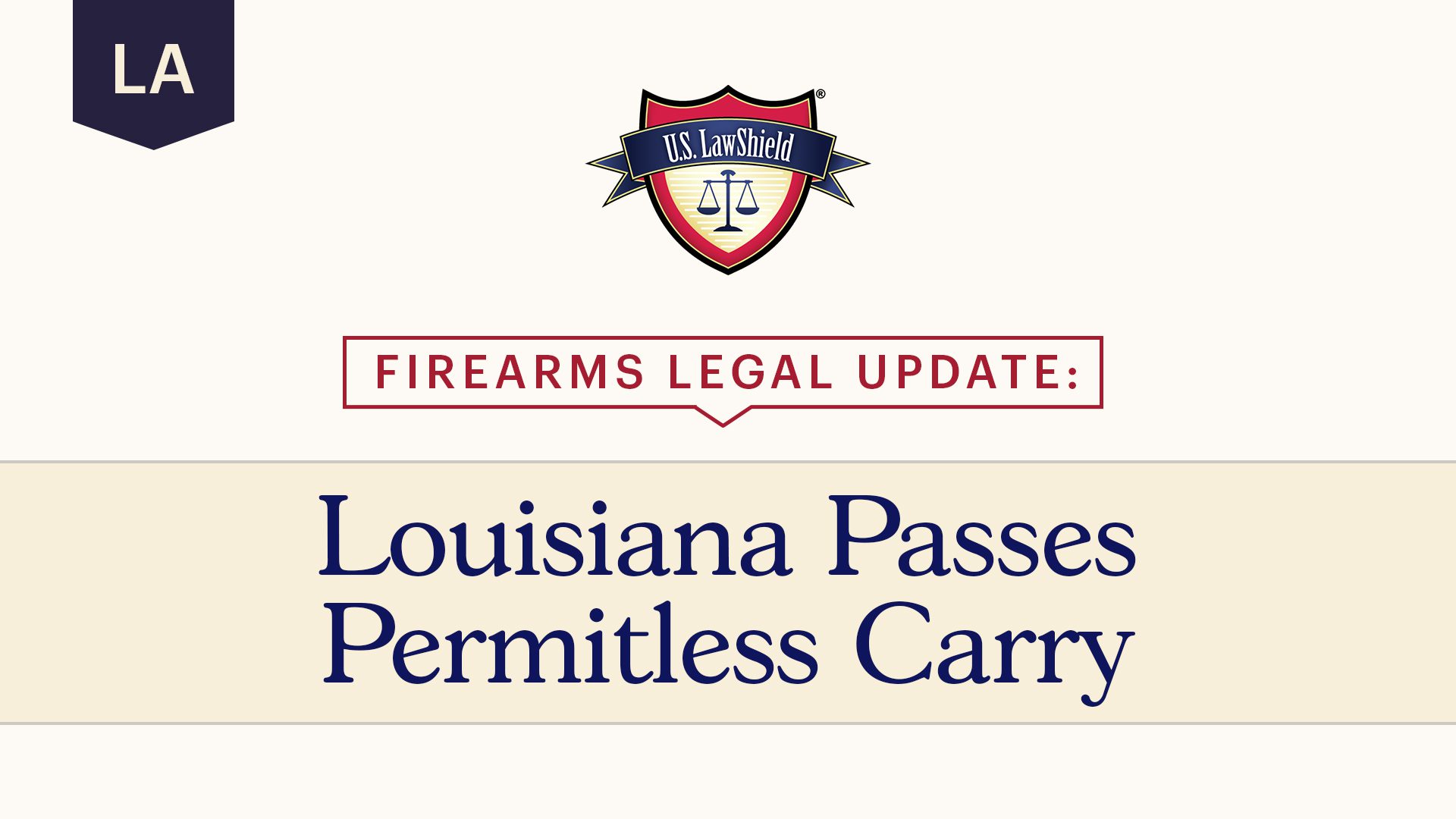It’s a sad truth that churches, synagogues, and other places of religious worship are under assault. These tragic attacks happen all too often. And the frequency of these events appears to be increasing. We want you to be prepared in case of an emergency, and we want you to be safe. So, how can you protect yourself, your family, and your congregation?
Carrying in a Place of Worship
The good news is that Texas law allows License to Carry holders to carry their handguns in places of religious worship, so long as the church does not post 30.06 or 30.07 signs and does not otherwise give you valid legal notice.
Keep in mind, there are other forms of valid legal notice besides 30.06 and 30.07 signs. Your church could, for instance, provide you personal notice verbally, or via a card with the appropriate 30.06 or 30.07 language.
Schools in a Place of Worship
Let’s add another factor. We often receive questions about church buildings that also house schools. In Texas, these locations are referred to as mixed-use premises. Be very careful here, because the answer to the question of, “can I carry?” will depend on the legal classification of the premises. For mixed-use premises not owned by the state or an independent school district, the default rule is this: when it is being used as a church, you may carry, so long as it’s not still considered a “school building;” when it’s being used as a school, you cannot.
Because the legal classification can vary, to be safe, you should obtain written authorization from the institution on where and when you can carry, if at all.
When Tragedy Strikes
But, what happens when tragedy strikes and you refuse to let yourself or your religious community become victims? Can you use your weapon to defend yourself? Can you defend the flock?
The answer to both of these questions is yes. To better understand this concept, let’s break down the self-defense and defense of others rules here in Texas.
Texas law allows you to use deadly force to defend yourself, if you reasonably believe deadly force is immediately necessary to defend against the attacker’s use or attempted use of unlawful deadly force. This means if you see an active shooter and reasonably believe he’s about to shoot you, then you can respond with deadly force against the attacker. Texas law allows you to protect your family, friends, and yes, even fellow churchgoers. The term “third person” is used as a catch-all for anyone who is not you and is not the attacker. To protect a third person, you must reasonably believe you would be justified to defend yourself in the same circumstances, AND your actions must be immediately necessary and reasonable to protect the third person.
Simply put, to determine if you could use deadly force to protect someone else or someone in your congregation, put yourself in their shoes. If you could protect yourself with a gun, you can protect a third person as well. Keep in mind, these justifications are legal defenses. They do not grant you immunity from civil lawsuits or exempt you from the criminal process. Once you are in the legal system, they must be asserted and proven in court.
Finally, an option available to churches when it comes to providing peace of mind is a volunteer security team. The pastor, priest, or rabbi can select trusted members and organize them to carry in defense of their house of religious worship. Note, these volunteer security teams may not wear uniforms or otherwise give the impression that they are law enforcement or security officers.
What it comes down to is this: we all want to keep our religious community safe.
If you have any questions about self-defense or defense of others in places of religious worship, call Texas LawShield and ask to speak to your Independent Program Attorney.





In wake of the recent New Zealand terrorist attack on Muslims in their mosques, I find this article very biased. No mention of Mosques or Muslim Imams appointing trusted members. I believe they must be mentioned as well.
Pretty sure it says places of worship, not catholic, Buddhist, Hindu, etc….. You really expect them to list every single for of leadership in places of worship?
Great info! Our church posted the 30.06 and 30.07 signs at the entrance to their parking lot. NONE of the buildings are marked as required by TX law. I’m assuming even though the buildings are not properly marked the signs in the parking lot would constitute “reasonable notice.”
They did not mention elders or deacons either but their point is obvious that “someone in authority” can assemble a team. Stop looking to be offended all the time; it is a lousy way to live your life.
Couldn’t have said it better myself.
I think its a shame that your church leadership seems it necessary to post the 30:06 signs. I understand not wanting open carry, thus the posting of the 30:07 sign makes more sense. The truly brainless place to put a sign stating you don’t allow weapons is at the street where everyone call see that your place of worship is a soft target. I’m not an attorney but the law states that the signs must be posted at any public entrance to the building – not the property. Do your fellow churchgoers a favor and find a group of men and women (you probably have cops in your congregation) that are handgun licensed, trustworthy and can prove their ability to handle a gun. I pity the fool who comes into our midst with the intent to do any of our churchgoers any type of harm. Our prayer is that nothing bad happen – ever – but if it does we are prepared and the 2500 or so members know it.
It isn’t biased at all, just expedited use of language. If you wanted to list all places of worship by name and their corresponding authority this article would be pages long.
Here are just a few I can think of off the top of my head:
ashram
bethel
church house
house of prayer
house of worship
meetinghouse
mosque
place of worship
synagogue
tabernacle
cathedral
temple
ward house